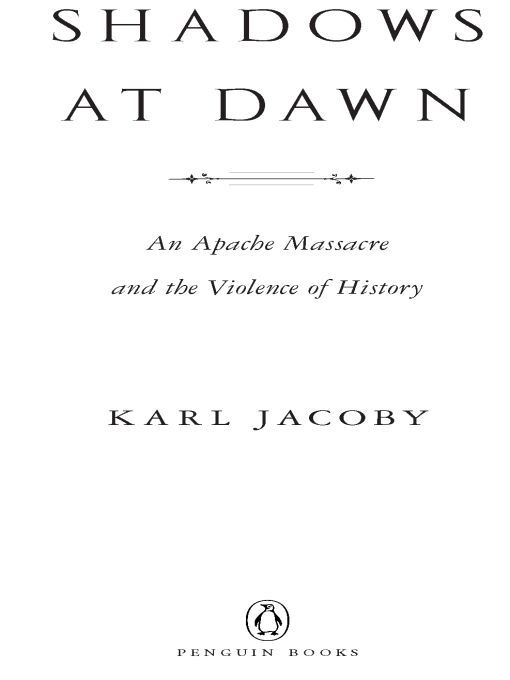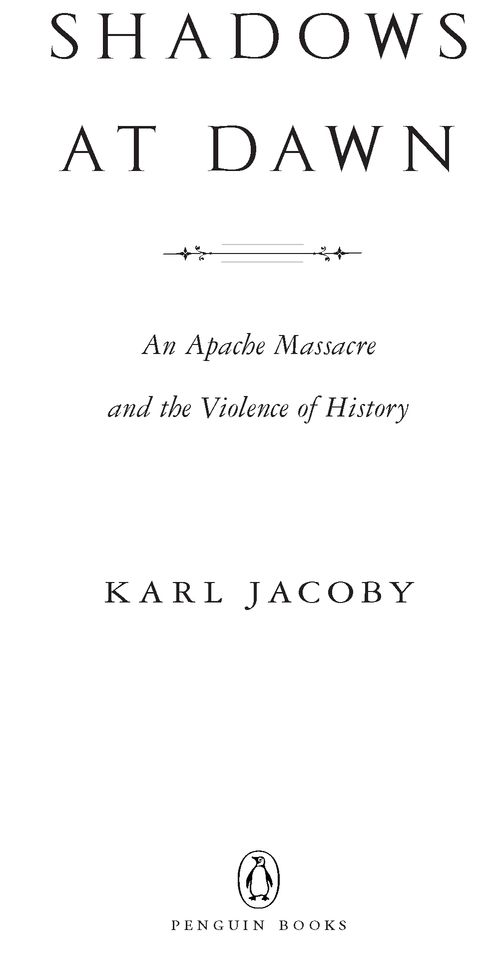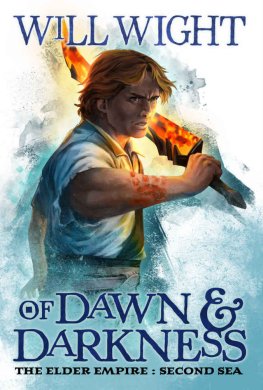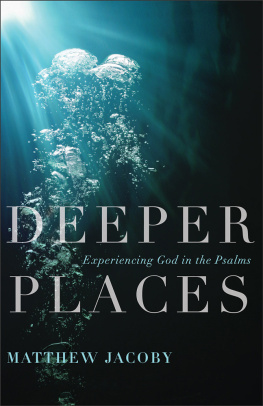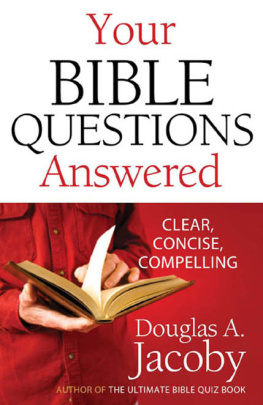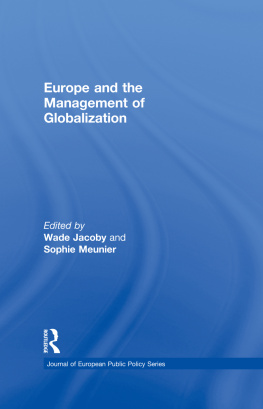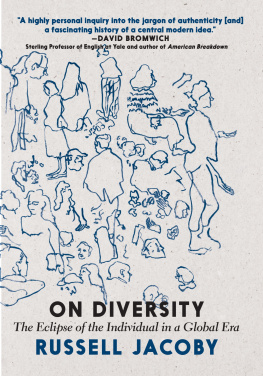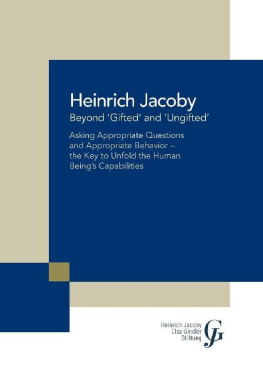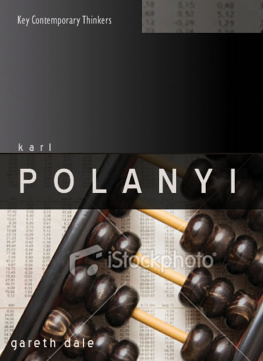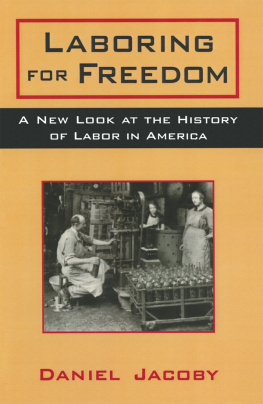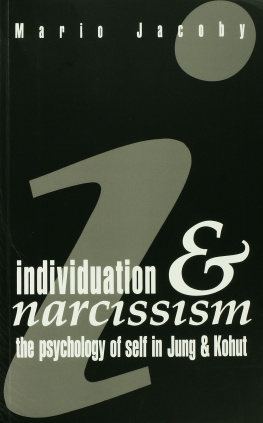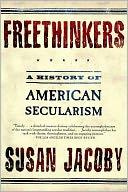Table of Contents
Praise for Karl Jacobys Shadows at Dawn
Winner of the 2009 Erminie Wheeler-Voegelin Book Award
from the American Society for Ethnohistory
An absorbing, brilliant study of the Camp Grant Massacre in 1871. Karl Jacoby sees this terrible event in its full complexity. His is one of the best studies ever of the long conflict between tribes and races, soldiers, citizens, killers and victims, in the wild unregulated Southwest.Larry McMurtry
Action-packed and densely argued... As a study of the way of life and spiritual order of the Tohono Oodhams I have seen nothing equal to it.... Karl Jacoby fills in this grim story better than any other writer so far.
The New York Review of Books
While many histories focus on sweeping, epoch-shifting events, Jacobys book shines as a well-researched microhistory of a largely forgotten tragedy and serves as a counterweight to the idea that American Indians were all, like Burt Lancaster in Apache, bloodthirsty savages.TimeOut New York
Crisply readable history... Jacoby does a good job outlining the causes of the massacre from each point of view, whether historical, cultural or geographical.... But even better is the way in which he paints a picture of the often intimate relationships and shifting loyalties between each group: a previously straightforward tale of atrocity becomes one shaded by historical grudges on top of intermarriage, tribal mistrust on top of individual friendship, all funneled towards a tragic climax by the shifting ground of history.
Time.com
In this landmark book about a tragic collision of multiple cultures, Karl Jacoby subverts a thousand Westerns by showing us that the West was not a sepia-toned world of cowboy or Indian, villain or hero, white hat or black. The West so carefully reimagined in Shadows at Dawn was a far more complicated placea place that lived and died in a surprising gamut of hues.
Hampton Sides, author of Blood and Thunder
A fresh, arresting vision of one violent episode in the Arizona-Sonora borderlands.... [Jacobys] task is to correct distortions and hold power up to scrutiny. In that he admirably succeeds. The Apache endure, and we all share in their story of death and life at the margins of America.
American Scholar
Jacobys account of the Camp Grant Massacre shows superb research and great sensitivity in his decision to present the incident not just from one perspective but from four: those of the three groups of attackers and of the Apaches. The result is a humane and compelling portrayal of an act that was far more complex than legend has painted it.Arizona Republic
Karl Jacobys Shadows at Dawn examines multiple accounts of one of the worst slaughters in the history of the American West, the Camp Grant Massacre. Jacobys expansive research analyzes how the events were relayed from four distinct cultural perspectives, giving insight into how each community viewed the violence and chose to revise a dark corner of American history.
Robert F. Kennedy Book Award Committee
The stories of the cultures that fought and died and tried to live in these borderlands come through as never beforetheir histories, their motives and their contradictions are illuminated through Jacobys thorough research, elegant writing and deft storytelling.... Essential.Tuscon Weekly
A searching study of one of the American Wests signature massacres... Jacoby skillfully examines the mixed makeup and motivations of this force, walking the thin line between history and legend and the thinner line between sympathy and objectivity.... A lucid, well-written work of regional history that opens necessary conversation and has broader implicationsessential for students of the American West.Kirkus Reviews (starred review)
Jacoby... re-examines what happened in the notorious Camp Grant Massacre and its aftermath in an original way. An unusual wealth of documents about this raid allow him to narrate from four different angles, each centering on a community involved in the massacre, thereby offering a view of the histories, fears and motivations of each group.... For buffs more accustomed
PENGUIN BOOKS
SHADOWS AT DAWN
Karl Jacoby is an associate professor of history at Brown University and the author of Crimes Against Nature: Squatters, Poachers, Thieves, and the Hidden History of American Conservation, which was awarded the Littleton-Griswold Prize by the American Historical Association for the best book on American law and society and the George Perkins Marsh Prize by the American Society for Environmental History for the best work of environmental history.
FOUNDING EDITOR
Arthur M. Schlesinger, Jr.
BOARD
MEMBERS
Alan Brinkley, John Demos, Glenda Gilmore, Jill Lepore, David Levering Lewis,
Patricia Limerick, James M. McPherson, Louis Menand,
James Merrell, Garry Wills, Gordon Wood
AUTHORS
Richard D. Brown, James T. Campbell, Franois Furstenberg, Julie Greene,
Kristin Hoganson, Frederick Hoxie, Karl Jacoby, Stephen Kantrowitz,
Alex Keyssar, G. Calvin Mackenzie and Robert Weisbrot,
Joseph Trotter, Daniel Vickers, Michael Willrich
For Marie and Jason
In that unbounded moment, I saw millions of delightful and horrible acts; none amazed me so much as the fact that all occupied the same point, without superposition and without transparency. What my eyes saw was simultaneous; what I shall write is successive, because language is successive.
JORGE LUIS BORGES, The Aleph
FOREWORD
MORE THAN TWO DECADES ago, I began hoping that Karl Jacoby would write Shadows at Dawn.
The hope necessarily lacked something in the way of precision. The fact that I had not met Jacoby was one obstacle to specificity, even thoughliterally without naming namesI had publicly expressed my hope for the appearance of young scholars with his talent and commitment. But when it came to subject matter, my hope came with focus: I ranked the story of the Camp Grant Massacre of 1871 at the top of the category of vitally important but little-known episodes of American history that deserved to have a very good historian to write about them.
Writing an overview of western American history in the mid-1980s, I made my own minuscule contribution to the cause of bringing this episode out of the shadows of memory. The following paragraph appeared at the start of the chapter on the complexities of western race relations in
The Legacy of Conquest:
In 1871, an informal army of Arizona civilians descended on a peaceful camp and massacred over one hundred Apaches, mostly women and children. Who were the attackers at Camp Grant? The usual images of Western history would suggest one answer: white men. In fact, the attackers were a combination of Hispanics, Anglo-Americans, and Papago [now referred to as Tohono Oodham] Indians. However different the three groups might have been, they could agree on the matter of Apaches and join in interracial cooperation. Hostility between Apaches and Papagoes, and between Apaches and Hispanics, had in fact begun long before conflict between Apaches and Anglo-Americans.

